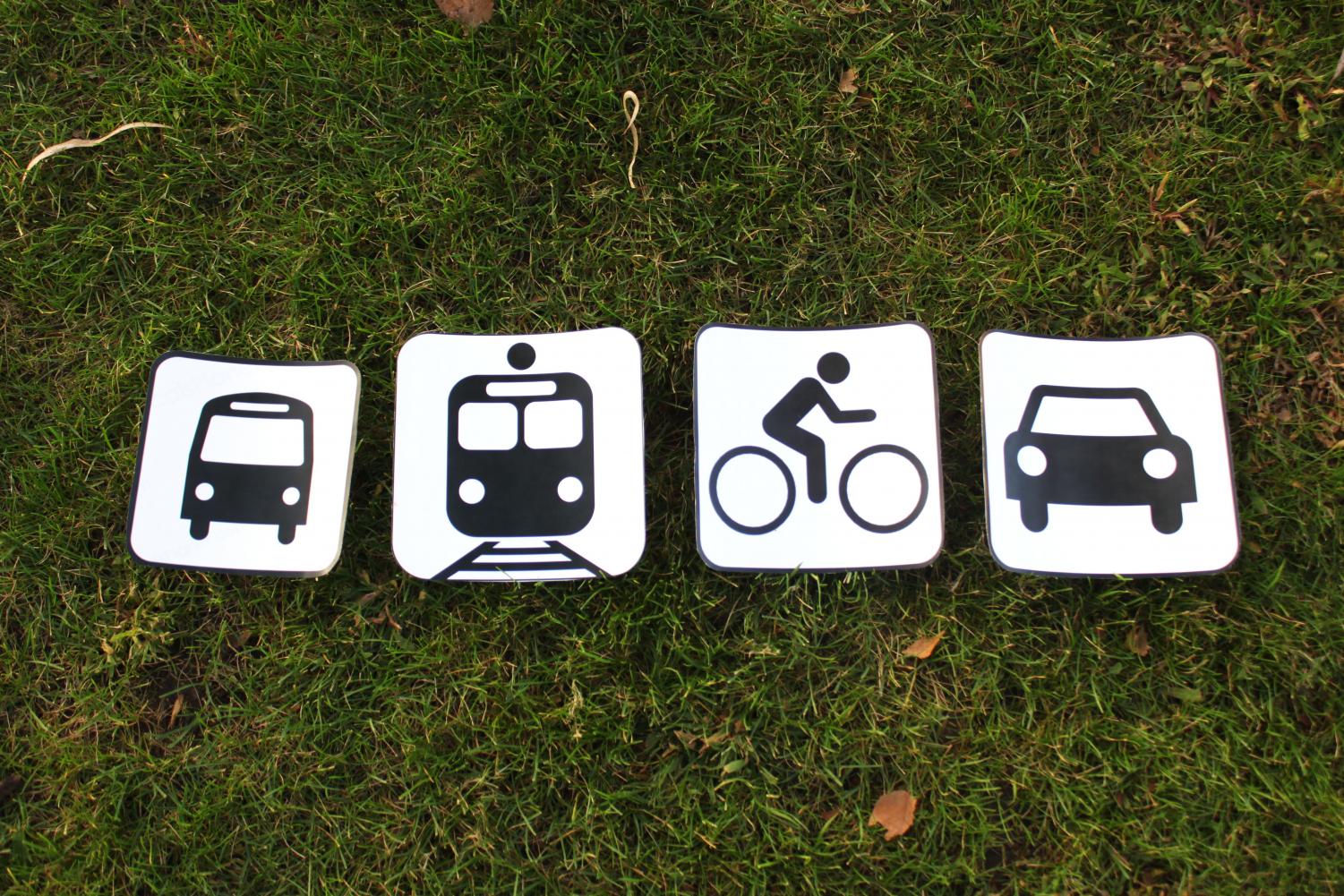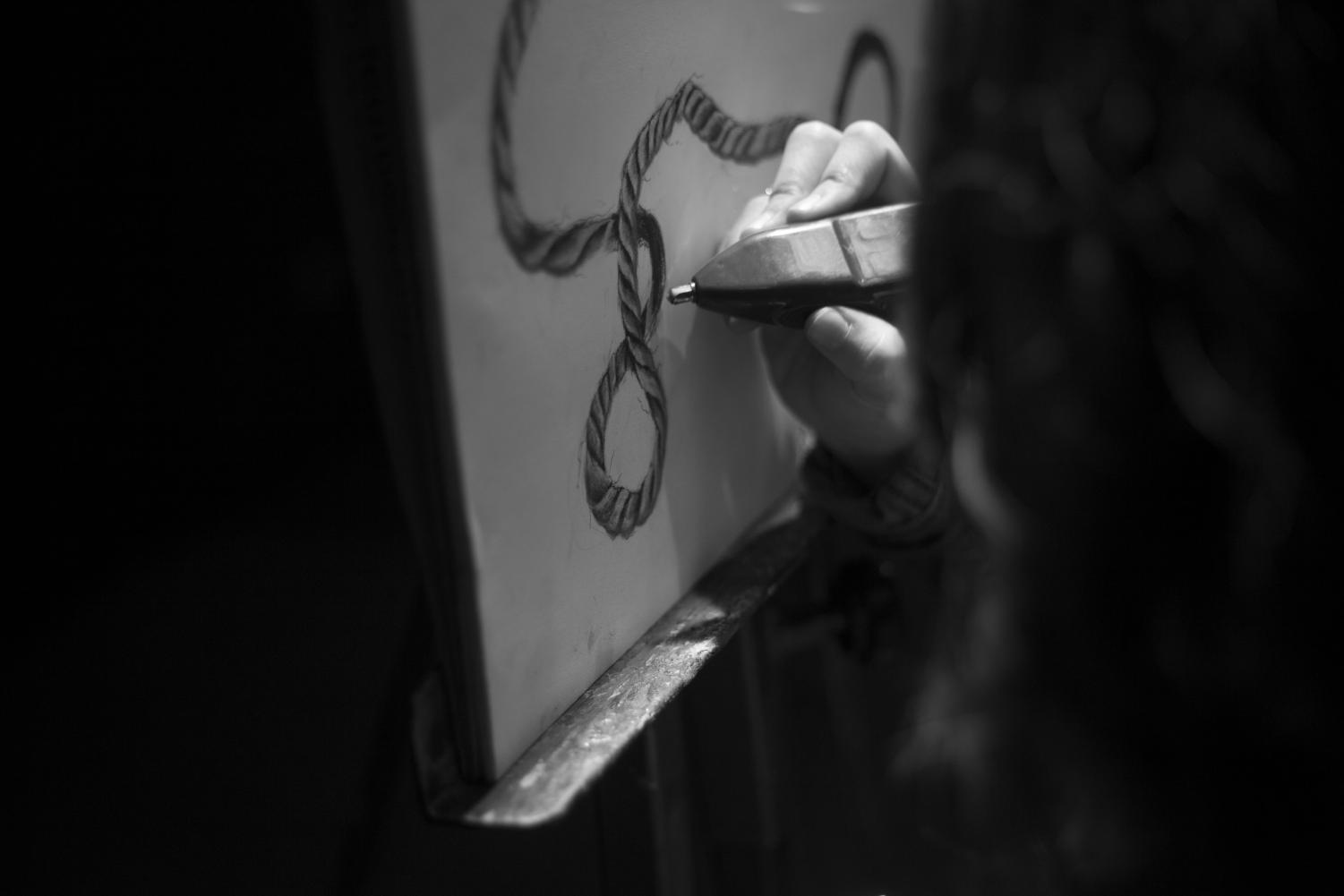Written by Melissa Wills
The Biola Student
“_I feel pressured to be the perfect Christian_.”
“_I struggle to find community because I feel like I have to put myself out there to be a part of a group_.”
“_I feel like I am constantly putting on this façade because if I were to open up about my real struggles people will judge me_.”
Walking from a dorm room to the Caf, one will pass a diverse community of students, often laughing, saying hi to every person on every corner, surrounded by groups of friends. Never once would it seem that any one of those students was struggling to find himself or herself, or was feeling completely lost in a crowd.
Biola thrives on being the embodiment of a top conservative university that represents Christ-centered community and academic excellence. Naturally, entering as a freshman comes with high expectations of joining such a unique community. However, this time in a student’s life come with pressures that so often go unnoticed.
After having honest conversations with students it is revealed that the lack of transparency lies with the insecurities they are faced with, the comparisons they make, and the people they choose to identify with.
Student Perspective
Reylena List, a recent psychology graduate, identified with this and openly writes about the pressures she faced.
“At Biola I felt a social pressure to be a well-rounded Christian. A Christian that was strong in ministry, social justice, academics, relationships and in my faith. I understand that we are to pursue excellence in all we do, but there is a fine balance.”
List describes how being a Resident Advisor came with the pressure to lead by good example, so it was hard to expose weaknesses in that position. However, she recognized that strong relationships were made when she broke free from the pressure to have it “all together.” She thinks this change was as an opportunity and a blessing.
“Thankfully, one of my closest friends, a new Christian when I met her, never adhered to these social ideals. Our friendship forced me to ask for help, challenged me to be a humble learner and never did I have to come to her with everything in order.”
This new perspective challenged her to be real with others without feeling the pressure to put up a front.
“Additionally, taking Jesus Life and Ministry reminded me that my efforts toward perfection contradicts God’s message of grace and salvation,” List writes.
List realized that God was calling her to pursue Him in her current state, instead of the state she was expected to show.
Hailey Vaccher, a senior sociology student, shares a similar perspective.
“I have felt like there’s a lot of pressure to be biblically educated. For example, if you can’t recall certain people or situations off the top of your head, then you’re an amateur and inferior to everyone else.”
Even though the Biola community can be reluctant to talk about these common struggles, everyone faces them in some way or another. Most often this occurs because students enter college and experience a new, transformative stage in their life.
Constructing a Self
“Late adolescence revolves around constructing a self. In part the product of that is trying on different selves. So, almost literally, it is like you are putting together an outfit.”
Betsey Barber, director of spiritual renewal and associate professor of psychology, believes that transitioning into college, especially in late adolescence, can be difficult because it is a developmental, spiritual, and psychological process.
Barber notes that part of one’s transparency is accepting the process of figuring out where God is calling them and where they will be used.
“Many times folks get a sense spiritually of vocation. There is this notion of Ephesians 2:10 that says, ‘We are His workmanship made in Christ Jesus to do good works.’ And there is that specific question, ‘For what am I made?’ And that is an important question to ask when we are talking about being authentic: ‘What is my sense for God, what am I made for in the body of Christ?’”
This is a difficult state that students are faced with while at Biola. It is common for students to go from class, to chapel, to their dorms, and feel completely meaningless because of their struggle to find a sense of purpose.
However, the real question is this: Do they lack transparency, or has it been redefined?
The Redefinition of Transparency
“Those that are in college right now are living lives that are way more transparent to people than any previous generation before.”
Christopher Grace, professor of psychology and vice president of student development, believes transparency has a completely transformed meaning now.
“Transparency has become the shallowness of broadcasting with the world so many details about our existence, and ironically in doing so it is not associating it with an in-depth, true, or honest transparency of what is really going on in the heart,” Grace says.
The pressures are different for Biola students because they are usually not attacked for their faith. Instead they get wrapped up in how others view them or how they are portraying themselves. Betsy Barber explains what this process is commonly like for students.
“Students come to Biola having carved out a space for themselves in their homes, high schools, and where they were working. Then they come here and there is a whole bunch of people who have a whole bunch of abilities, and it is hard to stand out. Some of that reason is because they envy what other people have.”
Merari Stacy, a recent graduate, wrote about the pressures that she saw while at Biola.
“There’s a subtle pressure to change who you are in order to feel accepted and fit into the Biola community. Many students hide who they truly are to fit in. They avoid moments of real and true connections, where vulnerable feelings are shared, fearing that someone might find something about them that is wrong or unacceptable.”
This pressure plays a huge role in a student’s first years of college. So where do they draw the line when being transparent with others? Barber says that transparency does come with boundaries.
“There is a difference between honesty and privacy. And I think that is an important distinction; you want to trust the trustworthy ones. So it is not like you want to lie or deceive others, but be wise in how open you are.”
Barber explained how relationship is what God calls people into, and He hand picks others to come into their lives as blessings. She said it is important to recognize who those people are.
“The best course for that is having a mutually interdependent, reciprocal relationship with somebody where you’re entrusting yourself to that person and they are entrusting themselves to you and together you have this free flowing, honest relationship.”
So what is the solution?
The Challenge
“The solution comes down to a recognition that if I am really going to connect with another person it is going to take effort, it is going to take becoming ‘other focused’ and it is going to take being vulnerable,” says Grace.
Grace emphasizes the need to start taking interest in other people. He explains that for Biola’s community to grow stronger, students need to cultivate it in themselves to truly listen and invest in others. Authenticity and transparency begin when students stop concerning themselves with trying to be interesting, according to Grace.
“Usually there is pressure to fit into a crowd, find as many friends as possible, and become interesting to others. Though if we become interested in others, instead of interesting, it could radically revolutionize some of our ability to be authentic and transparent with other people.”
The challenge is to put down the wall that says you have to have it all together when you are clearly falling apart. Reylena List understood that once she became honest about her weaknesses, she was able to relate to others in a deeper way.
“During Biola I fought against vulnerability, but thankfully I had friends who encouraged me to unfold in Christ, unfold my hidden sins and fears. Yes, the Biola community brought a hidden pressure, but it also brought incredible people to remind me of Christ’s character.”
We were made for community, so let’s stop pretending to be something we are not. Let’s have honest conversations so that this community can let go of the pressure to identify with what others are conforming to.
Merari Stacy realized that during her time at Biola, vulnerability opened the door to valuable relationships and relatability on a deeper level. She encourages students to do the same.
“I challenge you to not be afraid. God has called you to use your gifts, and the only way these will be used is if you are open and willing to stand out. Be yourself and be confident in the way God has made you.”
It is never easy to be transparent when living life, especially in college, but community can grow stronger if students can let go of the pressure to get noticed, fit in, or identify with a group. If they realize that they are all facing the same struggles, they can grow more united in their relationship with Christ and each other.



